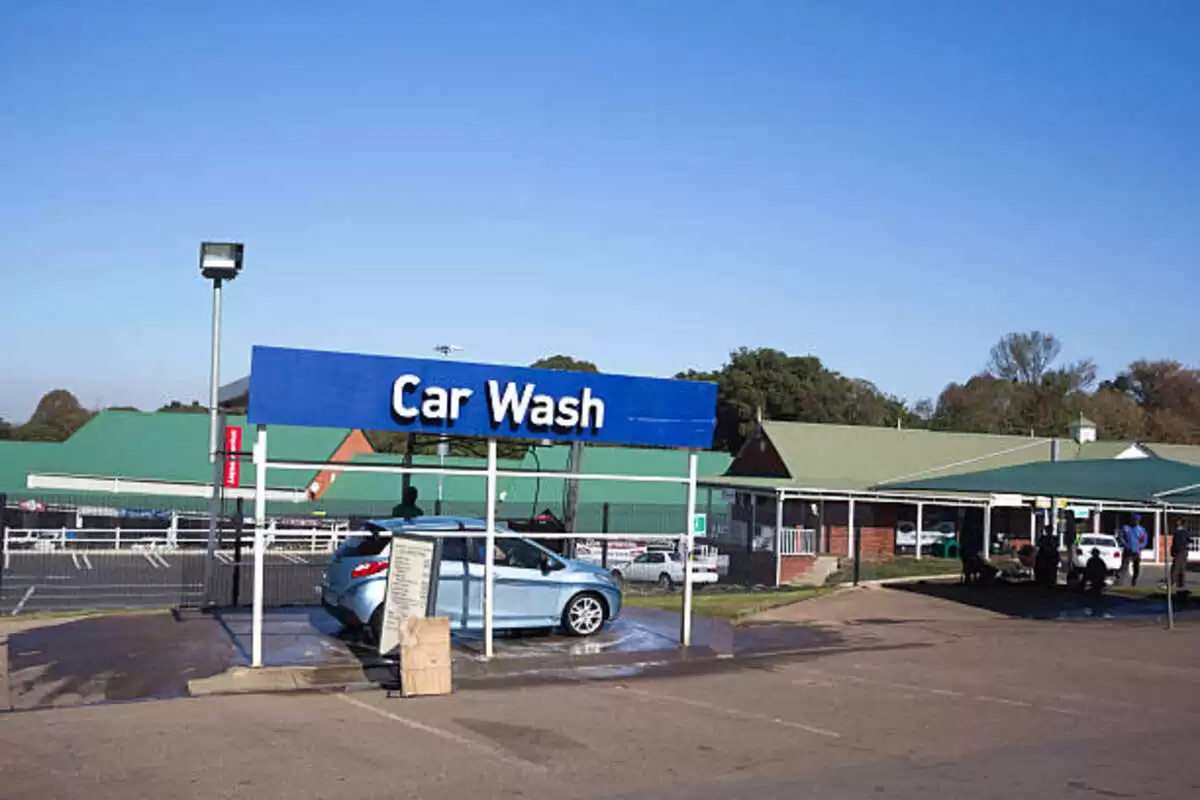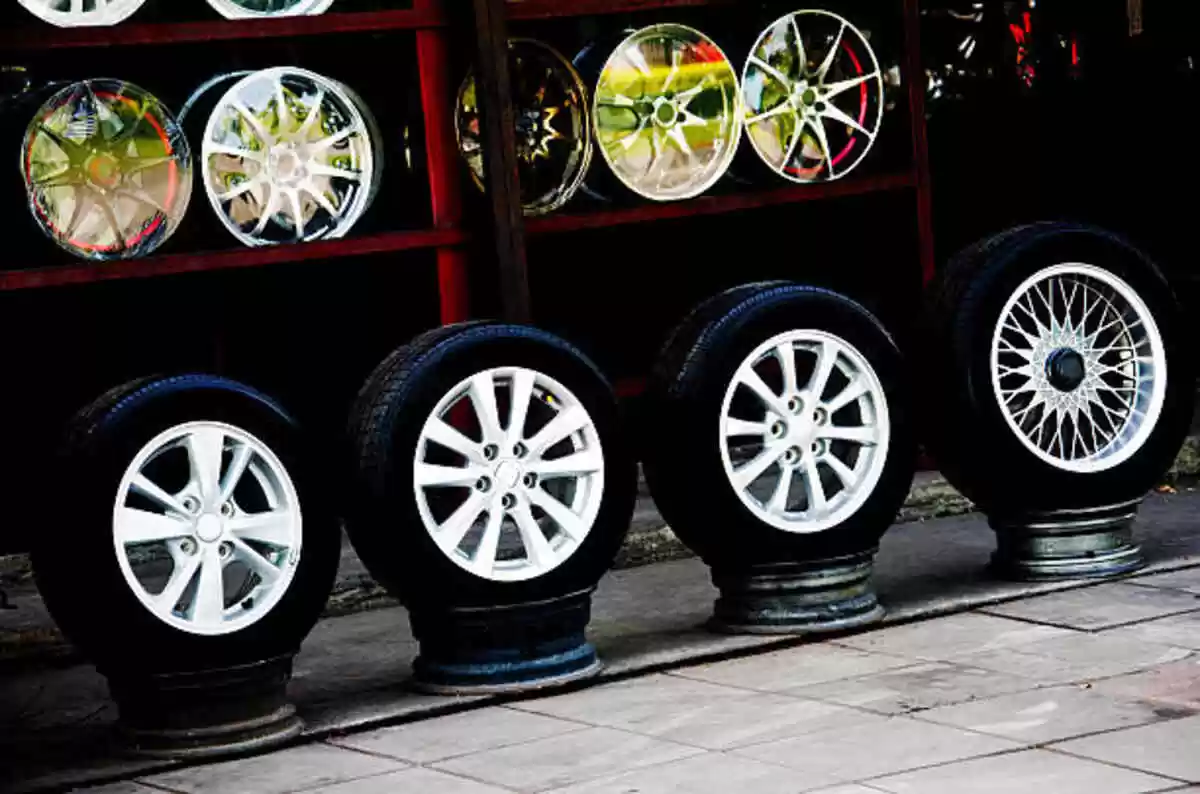DETROIT — Bollinger Motors, the startup electric vehicle manufacturer in suburban Detroit that is trying to enter the red-hot commercial EV market, moved one step closer to its goal Monday.
The company said it has inked a deal with Roush Industries to manufacture Class 3 through Class 6 commercial electric chassis cabs and the platforms it has been developing for about two years.
The platforms range in size and will underpin the chassis cabs — half-trucks that are bought by commercial customers who then outfit them with numerous bodies. Chassis cabs, for example, are used by power companies for flatbed tow trucks, to haul produce and for other work purposes.
The deal calls for Bollinger to source and provide all the materials for Roush to assemble the platform or frame and the chassis cabs in Livonia, Mich., about 20 miles from Bollinger’s engineering center.
The move comes after Bollinger in January canceled two boxy EVs, the B1 SUV and B2 pickup, that would have been offered to consumers. Since then, the company, just north of Detroit in Oak Park, Mich., has been focusing on commercial vehicles.
“Roush has significant engineering and assembly history, and we are excited to work with them to provide our commercial fleet customers with exceptional vehicles,” Bollinger CEO Robert Bollinger said in a statement.
At the New York auto show last month, Bollinger said the company was working on a Class 3 walk-in van for New York power company Con Edison.
And late last year, Bollinger signed an agreement with EAVX, a unit of JB Poindexter & Co. EAVX is a product development and engineering firm specializing in commercial EVs. A customer, such as Con Edison, would purchase a Bollinger platform, which could then be upfitted with a custom body from EAVX or another of Poindexter’s divisions.
The deals with EAVX and Roush, an engineering services company that works with numerous automakers as well as defense and aerospace companies, takes the pressure off Bollinger to build its own vehicles.
“Our proven processes are engineered to bring products to market quickly and efficiently, while meeting OEM-level quality standards,” Brad Rzetelny, Roush’s vice president of flexible assembly, said in a statement.
Bollinger has not provided details on pricing or said when production will start. But the segment is a hot one, with Amazon converting its fleet to Rivian-built electric vans and Stellantis’ Ram brand working with Amazon on several projects.
Ford is working to fill a 10,000-order backlog of electric Transit vans. General Motors is building its BrightDrop electric vans for Walmart and FedEx.
Said Rzetelny: “With fully scaleable manufacturing, we can grow with Bollinger Motors to meet the growing need from its fleet customers as they convert to electric vehicles.”





